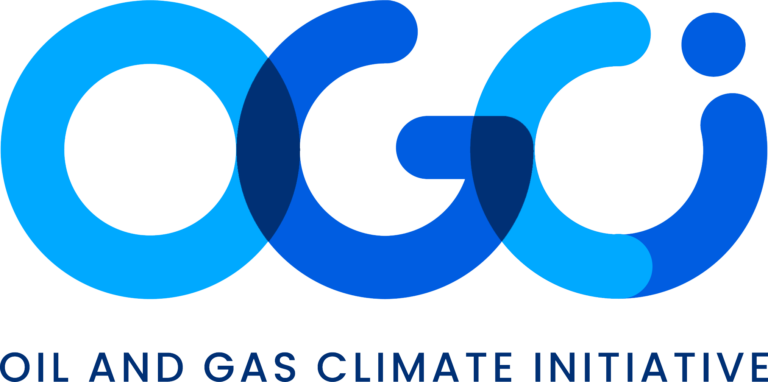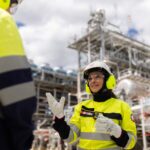LONDON, November 19, 2025 – The Oil and Gas Climate Initiative (OGCI) has released a first of its kind Satellite Methane Detection Response Playbook to help oil and gas operators respond rapidly and effectively to methane emissions detected from space.
The playbook advances OGCI’s mission to equip operators across the global oil and gas industry with the knowledge and tools needed to rapidly reduce emissions of methane – a potent but short-lived climate-warming greenhouse gas.
Since 2021, OGCI’s Satellite Monitoring Campaign has provided local operators in countries such as Iraq, Kazakhstan, Algeria and Egypt with satellite-acquired emissions data, along with technical support and resources to strengthen their detection, verification and mitigation capabilities.
The new playbook helps local operators translate satellite data on methane emissions into structured operational action. It provides a six-step framework that guides companies from initial satellite notification through on-the-ground investigation, repair and continuous improvement.
OGCI member companies developed the playbook with support from emission data platform provider Aerscape. It combines industry expertise, practical field experience and lessons from OGCI’s decade of work to reduce methane emissions.
Bjørn Otto Sverdrup, Chair of OGCI’s Executive Committee, said:
“Satellite detection delivers results when it triggers fast, disciplined action on the ground. OGCI’s new playbook gives operators a tried and tested clear, repeatable process to move from notification to verification to abatement.
“This methane playbook draws on a decade of experience from OGCI member companies and is designed for use across a wide range of operating environments. It will help operators act quickly, document outcomes and reduce emissions quickly and efficiently.”
Over the past decade, OGCI’s 12 member companies have made good progress reducing methane emissions from operated assets to meet their ambition of near zero methane emissions by 2030.
Since 2017, OGCI’s members have reduced their aggregate upstream operated methane emissions by 63%, and cut routine flaring by 72% since 2018.
OGCI and its members are sharing what they are learning about detection, measurement and abatement across the industry through the Oil & Gas Decarbonization Charter and other initiatives.
About OGCI
OGCI is a CEO-led initiative comprised of 12 of the world’s leading oil and gas companies, producing around 25% of global oil and gas on an operated basis.
OGCI aims to lead the oil and gas industry’s response to climate change and accelerate action towards a net zero emissions future consistent with the timeframe of the Paris Agreement.
Since 2017, OGCI members have reduced their aggregate upstream methane intensity by 62%, routine flaring by 72%, and carbon intensity by 24%, and shared best practices across the industry to accelerate emissions reductions.
OGCI members have also invested a cumulative total of $125 billion in low-carbon technologies and solutions since 2017.
In 2016, OGCI launched Climate Investments to manage a $1 billion fund to develop and accelerate the commercial deployment of low emissions technologies.
In 2023, OGCI helped establish the Oil & Gas Decarbonization Charter (OGDC), which was launched at COP28 in Dubai. OGDC is a coalition of 55 companies with activities across more than 100 countries working to decarbonize the oil and gas sector at scale.
OGCI’s members are Aramco, bp, Chevron, CNPC, Eni, Equinor, ExxonMobil, Occidental, Petrobras, Repsol, Shell and TotalEnergies.
Read more in OGCI’s latest annual Progress Report and see our current Performance Data here.




